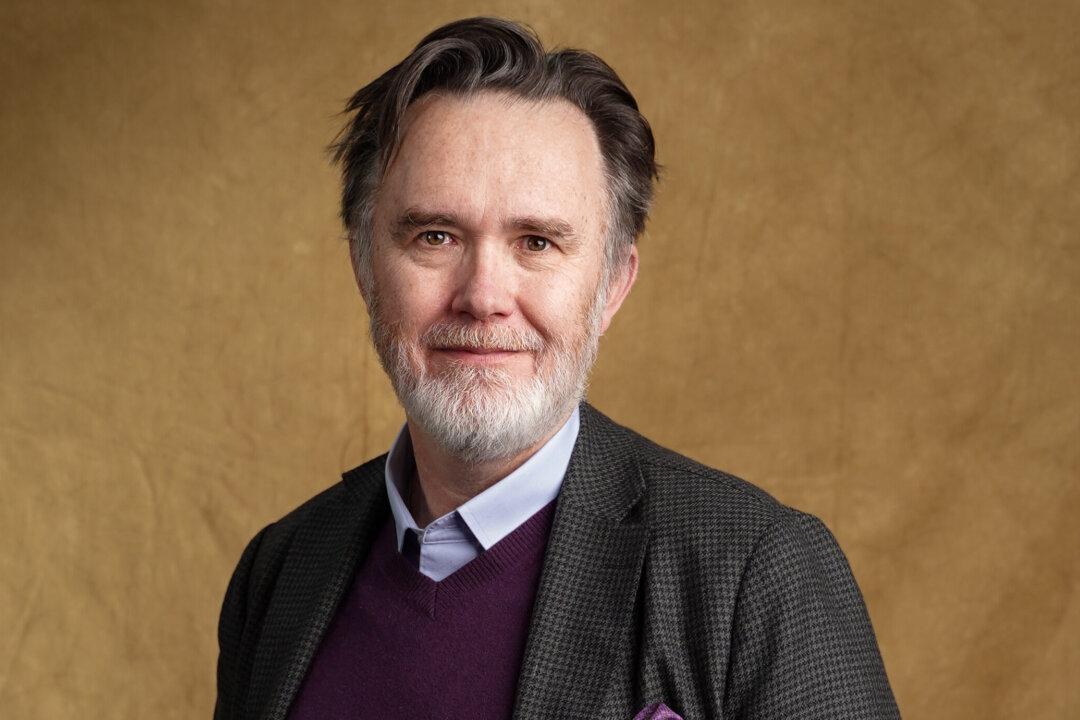Focus
comfort
LATEST
Live Longer, Consume Less: Recipe for Slow Growth
Global growth no longer keeps the pace of just a decade ago. Researcher Joergen Oerstroem Moeller points to behaviors that contribute to reduced consumption: Life expectancy has risen, but ages for collecting pensions have remained steady at around age 60, thus stretching out the retirement stage of life. Fearing poverty, combined with increased uncertainty over government regulations and social welfare programs, consumers save more. Governments and corporations have taken on more debt; consumers recognize that tax bills and higher prices are inevitable. Economic recession combined with environmental awareness discourage materialism. The behaviors are contributing to a trend of reduced growth. “Efforts from policymakers to reverse that trend will only further unbalance national economies and aggravate deficits and future burdens,” Moeller warns. He urges governments and individuals to respond with policies adjusting to lower growth and emphasizing qualitative growth including education, health, and activities that promote well-being and happiness.
|
If the Shoes Don’t Fit Try These Simple Tricks
Nowadays, people talk about acting in a way that is environmentally friendly as if it is something new. I can proudly say that this is something that I have always done, and so did most people when I was growing up, for practical reasons. It’s a way of life and it really makes sense. I also find it exciting when I pull it off successfully.
|
Stories from Ancient China: The Pursuit of Comfort was Forbidden
In ancient China, pursuit of comfort was considered a taboo, and looked down upon by the people.
|
Live Longer, Consume Less: Recipe for Slow Growth
Global growth no longer keeps the pace of just a decade ago. Researcher Joergen Oerstroem Moeller points to behaviors that contribute to reduced consumption: Life expectancy has risen, but ages for collecting pensions have remained steady at around age 60, thus stretching out the retirement stage of life. Fearing poverty, combined with increased uncertainty over government regulations and social welfare programs, consumers save more. Governments and corporations have taken on more debt; consumers recognize that tax bills and higher prices are inevitable. Economic recession combined with environmental awareness discourage materialism. The behaviors are contributing to a trend of reduced growth. “Efforts from policymakers to reverse that trend will only further unbalance national economies and aggravate deficits and future burdens,” Moeller warns. He urges governments and individuals to respond with policies adjusting to lower growth and emphasizing qualitative growth including education, health, and activities that promote well-being and happiness.
|
If the Shoes Don’t Fit Try These Simple Tricks
Nowadays, people talk about acting in a way that is environmentally friendly as if it is something new. I can proudly say that this is something that I have always done, and so did most people when I was growing up, for practical reasons. It’s a way of life and it really makes sense. I also find it exciting when I pull it off successfully.
|
Stories from Ancient China: The Pursuit of Comfort was Forbidden
In ancient China, pursuit of comfort was considered a taboo, and looked down upon by the people.
|






















